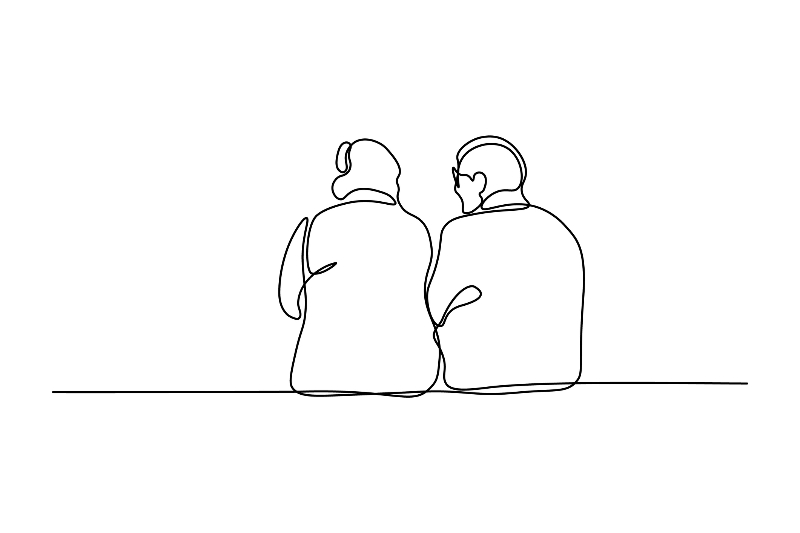I must have time on my hands. I have been thinking about the difference between atheists and God cancellers. I love my atheist friends, of whom I am blessed with many. I relish the existential grist of our talks, the deep sense of substance and mutual respect. I also love the constant jokes. We keep each other honest. I enjoy a rich engagement with the history of thought and I believe we ennoble each other through the kind of trust that is prepared to talk about things that are off limits to others.

I call one of my dear atheist friends Mr Catheter. He is always taking the piss out of me. At the same time, he commiserates when my church kicks yet another own goal. For him, my pain is more significant than scoring points against an easy target. Our relationship reminds me a bit of Graham Greene’s Monsignor Quixote, a beautiful book.
Another atheist friend of mine sometimes asks me to light a candle for her. She has a tough life. She does not believe in prayer at all. But, as she tells me, she does believe in my belief, meaning she is comforted that I perform a little ritual in which I am at home on her behalf.
God cancellers are different. I know a few of them too. They use mockery more than humour, ridicule more than bemusement. They have a superior attitude, as if believers must surely be less intelligent than they are, unable to see what is blinking obvious to them. They suspect we are insensitive to the pain caused by our church communities, not realising how bad that pain feels from the inside when you live with it day in and day out.
They accuse us of having all the answers when that is not what God is about at all. God, for me, is the creative love that exists beyond all love and beyond all creation and, for that matter, beyond easy words. Not a pet rock that makes me feel better.
'God cancellers, in my experience, are prone to accuse believers of their own intolerance and narrowness. They want us to go away.'
God cancellers, in my experience, are prone to accuse believers of their own intolerance and narrowness. They want us to go away.
May I offer a couple of comparisons to explain the difference, at least as I see it. Atheists, in my experience, often appreciate the beauty of sacred art and music. God cancellers, on the other hand, tend not to tolerate Christmas carols in public.
Atheists will acknowledge the good things done by religious communities, the hundreds and thousands of old and lonely people supported through the pandemic. God cancellers are irritated by any good news about church communities.
Atheists may ask about saying the Lord’s Prayer in parliament. This is a perfectly fair question, especially in an open society. Personally, I would not like to lose the Lord’s prayer until we can agree on an equally profound statement of existential humility and narrative of forgiveness. I very much appreciate the acknowledgement of country and think it should be on real estate contracts, as a matter of fact, where it might be more than symbolic. Does the prayer need to be Christian? Perhaps not. I happen to love the physical rhythm of Islamic prayer.
God cancellers, on the other hand, tend to want the religion question removed from the census. They want the census to be about the number of rooms in our houses and the level of our education. They see no need for us to be present to each other at a level deeper than that.
The religion question has plenty of room for people to be atheists or have no religion or not to answer. The days of people subscribing to the religion of their grandparents when it means little to them are long gone; I have not met anyone who has done this for years. We can all express whatever understanding we have worked hard to reach. Surely, we can embrace each other at that level without animosity. We are all struggling to make sense of our humanity. It is hardly a competition.
Michael McGirr’s new book, Ideas that saved my life, will be published in Spring by Text.
 Michael McGirr is the bestselling author of Snooze: The Lost Art of Sleep, Bypass and Things You Get for Free. He has reviewed almost one thousand books for various newspapers; his short fiction has appeared in Australian and overseas publications; and he has been a publisher of Eureka Street and fiction editor at Meanjin.
Michael McGirr is the bestselling author of Snooze: The Lost Art of Sleep, Bypass and Things You Get for Free. He has reviewed almost one thousand books for various newspapers; his short fiction has appeared in Australian and overseas publications; and he has been a publisher of Eureka Street and fiction editor at Meanjin.